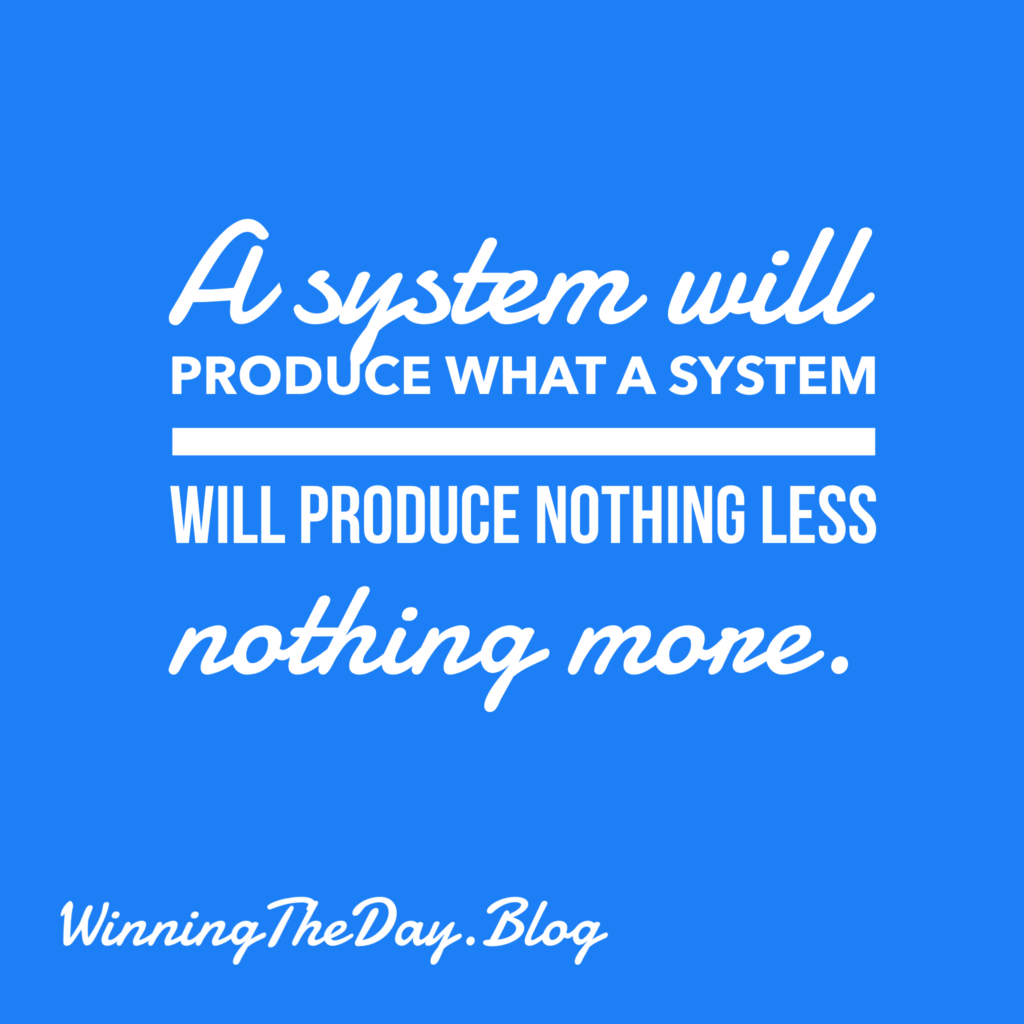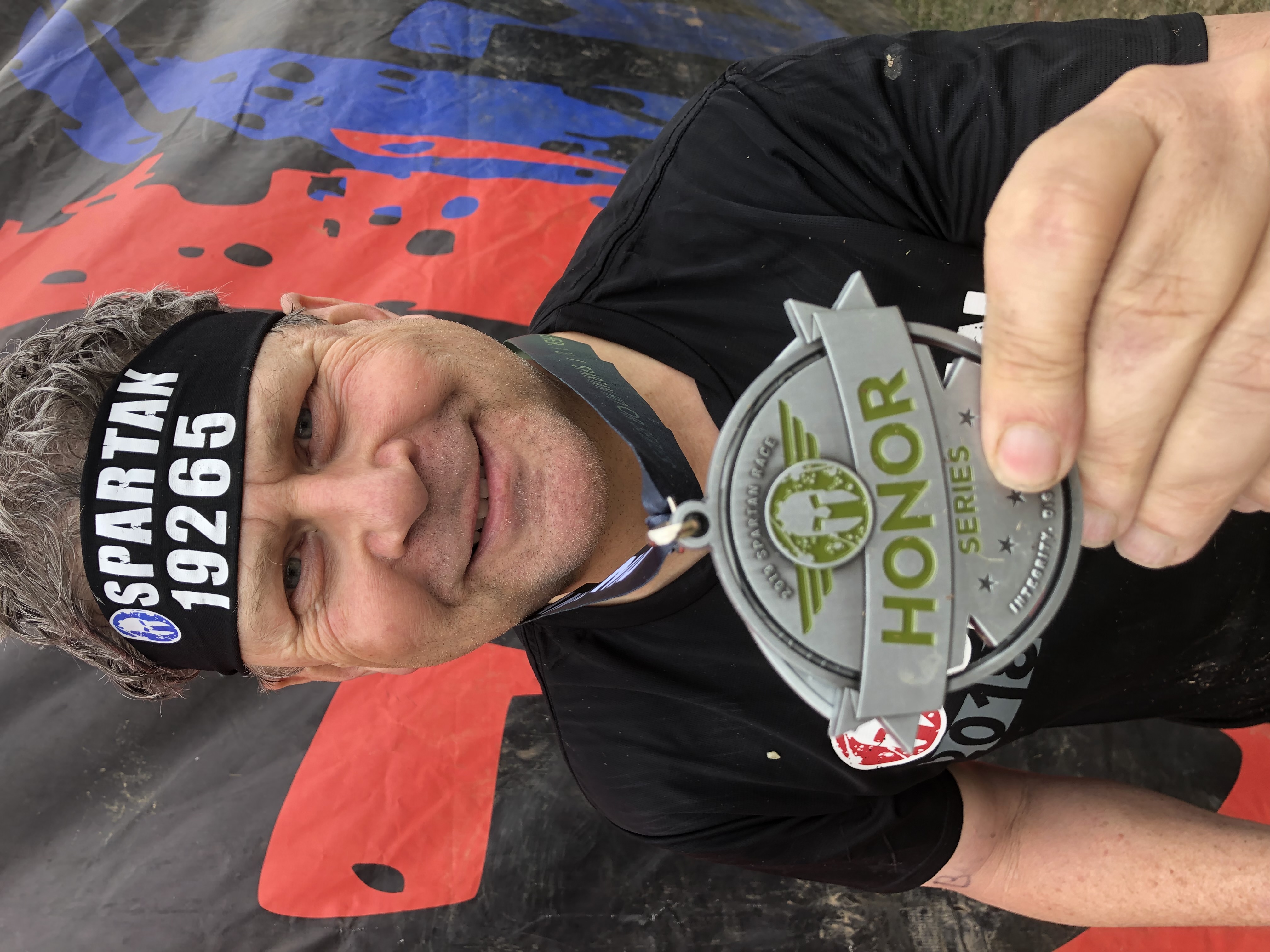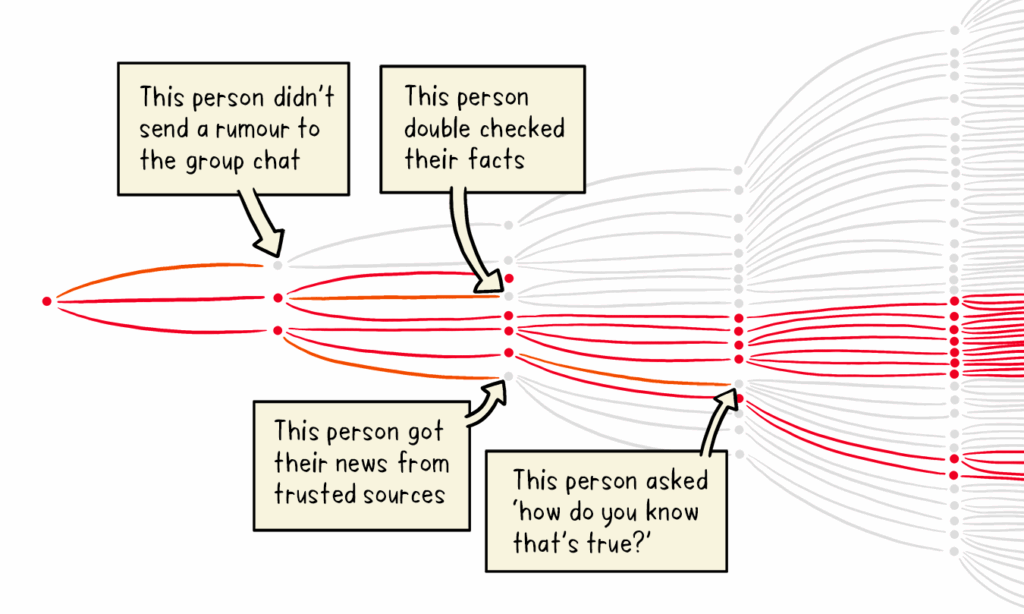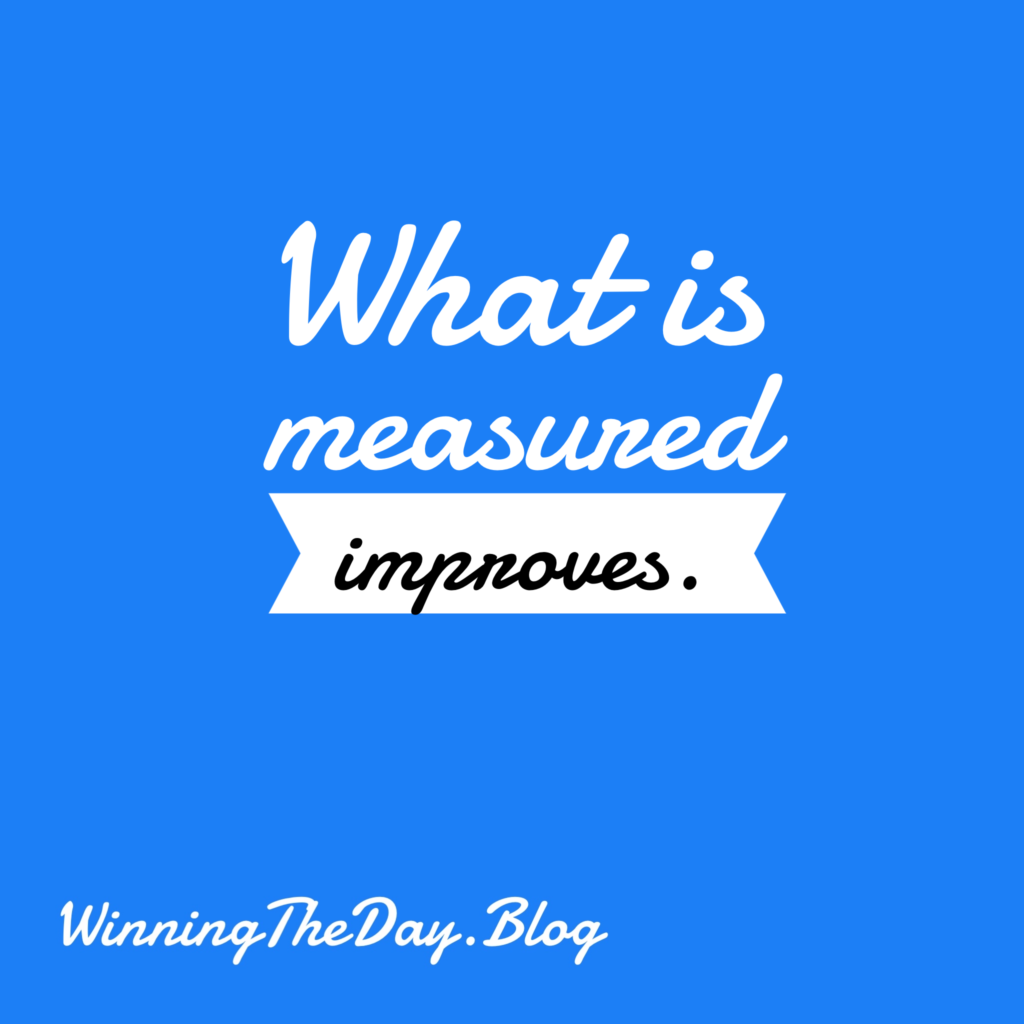We’ve been analyzing real estate agent migration data for over 184,000 productive agents (approximately 30% of the US productive agent population) over the past year.
The results confirm a structural shift: the “Middle Ground” is disappearing.
We are seeing a definitive flight toward two extremes: Extreme Efficiency (AI-Native & Cloud platforms) and Extreme Prestige (Luxury Boutique platforms).
The Key Insights
1. The Pareto Principle is Alive
Out of the 12,473 productive agents analyzed who moved, the Top 10% (Whale Producers) were responsible for nearly 45% ($7.01B) of the total economic impact. The “heavy hitters” aren’t just moving; they are consolidating market share into platforms that offer high-leverage tools.
2. The Efficiency Ratio (Talent Replacement Quality)
The most successful firms aren’t just recruiting more – they are recruiting better. Leading “Aggressor” brands maintain an Efficiency Ratio of < 0.85, meaning they are replacing departing volume with significantly higher-producing incoming talent.
- Formula: Efficiency Ratio = Average Volume of Departing Agents / Average Volume of Incoming Agents
- Benchmark: A ratio below 1.0 indicates a “Talent Gain” (Winning), while above 1.0 signals a “Quality Drain” (Losing).
3. The “Legacy Winners” vs. “Donors”
While many traditional brands are serving as “talent donors,” a select group of Legacy Powerhouses are winning the tug-of-war. These firms have maintained superior efficiency ratios (some as low as 0.65) by aggressively pivoting to high-end talent, shedding low-productivity overhead, and offering Succession Paths for aging veterans.
4. The Stability Premium (The Listing Wall)
Interestingly, agents who stayed put (the 94%) outperformed those who moved by 18.7% in total volume. Why? Listing Dominance. High inventory acts as a natural retention barrier. If you own the listings, you own the seat. Once an agent loses listing momentum, their “Stability Premium” vanishes, making them 15% more likely to migrate.
Need help? Let’s have a conversation.







